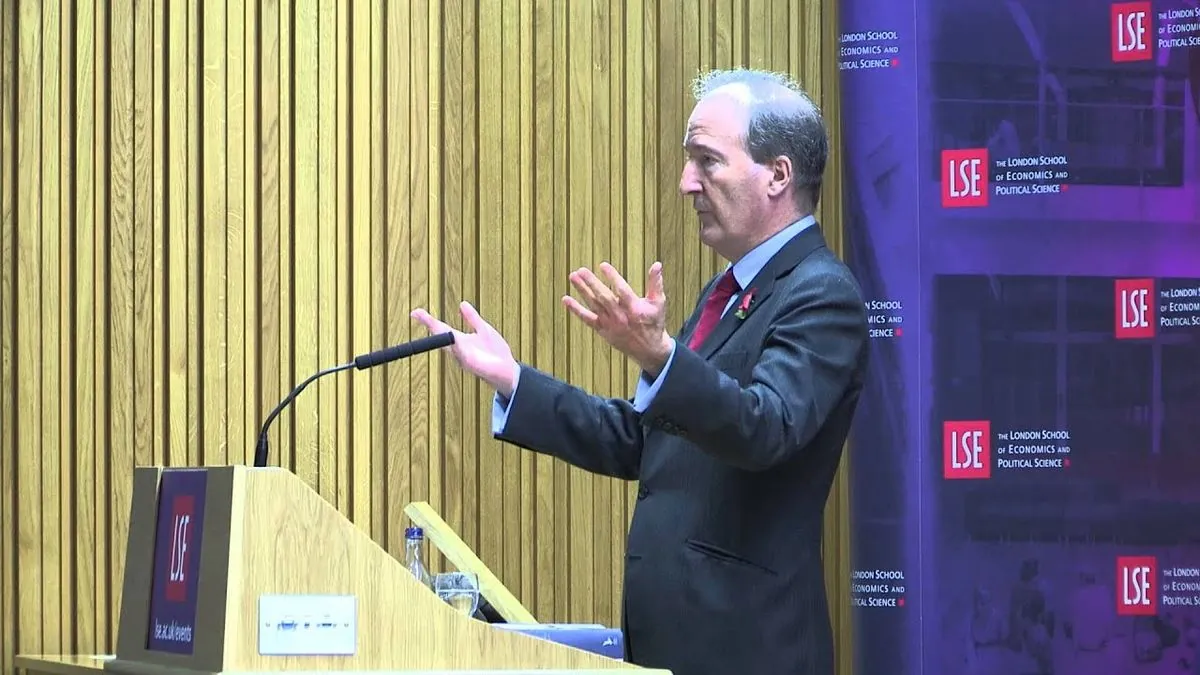Cambridge PhD Student Sues University Over Alleged Plagiarism by Advisor
A former Cambridge University student accuses her PhD advisor of plagiarism and sues the institution for mishandling her complaint. The case, involving allegations of bullying and discrimination, is currently under tribunal review.

A former student of Cambridge University has initiated legal proceedings against the institution, alleging that her PhD advisor plagiarized her work and that the university mishandled her complaint. This case, which began with a formal complaint in July 2020, has now reached an employment tribunal at Cambridge County Court, highlighting issues of academic integrity and institutional responsibility.
Magdalen Connolly, an alumna of Cambridge's Faculty of Asian and Middle Eastern Studies, claims that Esther-Miriam Wagner, her appointed PhD advisor, appropriated an argument she had developed as part of her postgraduate research. The Faculty of Asian and Middle Eastern Studies, established in 1948, has been at the center of this controversy that has spanned over four years.
Connolly, who enrolled as an MPhil student at Cambridge in 2013, was awarded a fully-funded scholarship for her postgraduate degree. The MPhil, a research degree offered at Cambridge, typically serves as a stepping stone to doctoral studies. However, what should have been a promising academic journey has instead led to a complex legal battle.

The former student alleges that the university's handling of her complaint has had severe consequences on her well-being and career trajectory. She stated, "The protracted process had a profound impact on my mental health and ultimately resulted in my leaving academia." This outcome is particularly poignant given that Cambridge University has produced 121 Nobel laureates as of 2024, highlighting the potential impact of academic careers nurtured at the institution.
Connolly's allegations extend beyond plagiarism. She has also accused the university of age discrimination, claiming preferential treatment of Wagner based on seniority in both age and position. This claim touches on broader issues of equality and fairness within academic institutions. It's worth noting that Cambridge University, with over 24,000 students from more than 150 countries, has an Equality and Diversity policy aimed at preventing discrimination.
The university, for its part, denies all claims made by Connolly. A spokesperson for Cambridge stated, "The tribunal has recently opened and we expect it to last a number of days during which further evidence will be heard." They also noted that the university's process for handling allegations of research misconduct has not yet concluded, emphasizing the ongoing nature of the investigation.
This case brings to light the complexities of academic relationships and the challenges in addressing disputes within prestigious institutions. Cambridge University, founded in 1209, is one of the oldest universities in the world and houses one of the largest academic libraries globally, with over 8 million items. Its long history and significant resources underscore the importance of maintaining robust systems for addressing academic misconduct and student complaints.
The ongoing tribunal and the university's internal investigation will likely have far-reaching implications for how academic institutions handle allegations of plagiarism and misconduct. As the case unfolds, it serves as a reminder of the critical importance of research integrity and the need for transparent and fair processes in addressing academic disputes.
"The intention of the university was to protect [Esther-Miriam Wagner]. I decided to raise a formal complaint so that no other students would be subjected to the same treatment."
As this case continues to develop, it highlights the ongoing challenges in maintaining academic integrity and fostering a supportive environment for researchers at all levels. The outcome of this tribunal may well influence future policies and procedures not only at Cambridge but potentially at academic institutions worldwide.


































